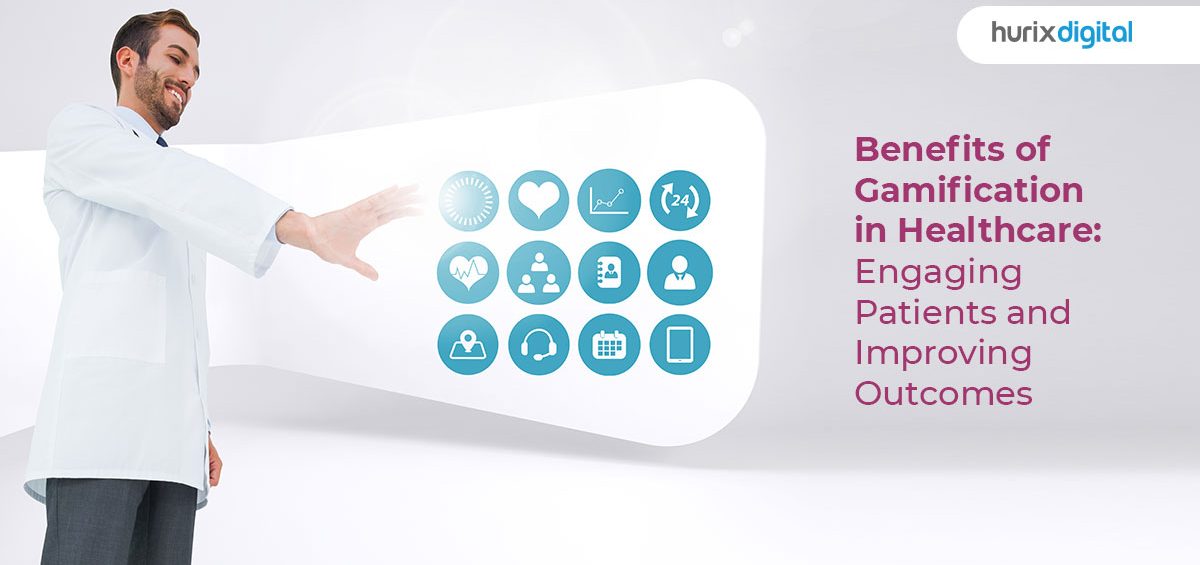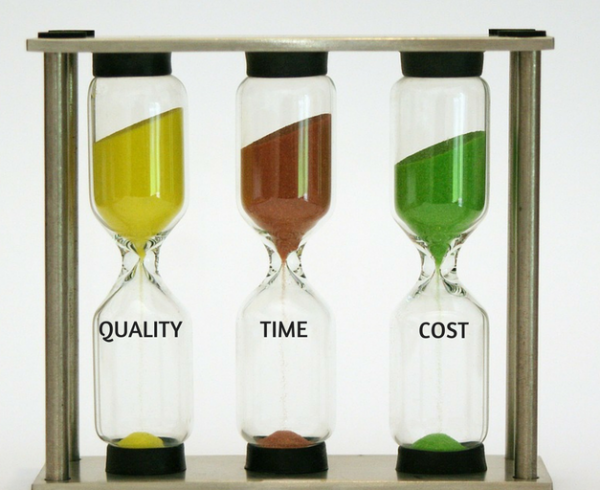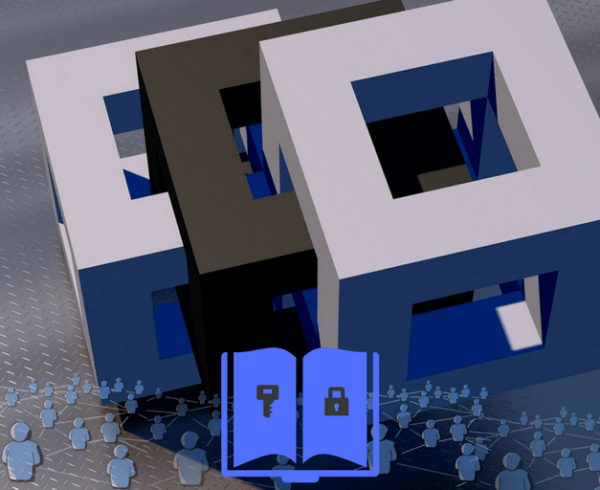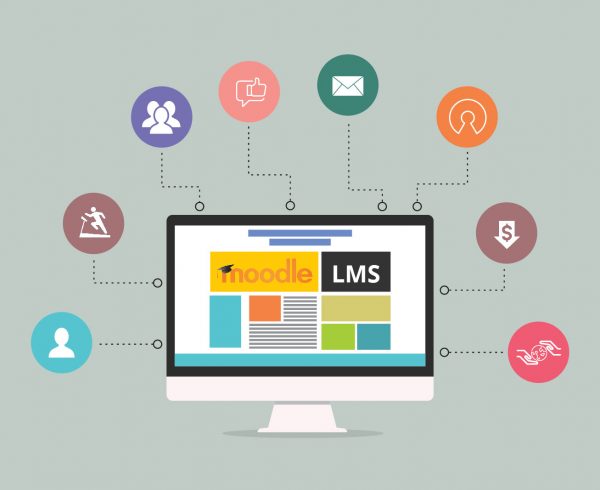Gamification in healthcare refers to game-like elements, such as points, rewards, and competition in non-game contexts to engage and motivate patients.
This approach is used in healthcare to increase patient engagement, improve patient education, increase patient adherence to treatment, and save healthcare providers money.
Table of Contents:
- What are the Four Benefits of Gamification in Healthcare?
1. Increased Patient Engagement
2. Improved Patient Education
3. Increased Patient Adherence to Treatment
4. Cost Savings for Healthcare Providers - What are the Challenges and Limitations of Gamification in Healthcare?
- Conclusion
What are the Four Benefits of Gamification in Healthcare?
By incorporating gamification, healthcare providers can encourage patients to take an active role in their health, resulting in improved outcomes and increased patient satisfaction.
Gamification has the potential to revolutionize healthcare by making it more interactive, engaging, and effective. Following are some of the benefits of gamification in healthcare:
1. Increased Patient Engagement
Gamification can be a powerful tool for increasing patient engagement in healthcare. With the addition of game elements to the treatment process, patients can become more invested in their care and feel more motivated to stick to their medication plans.
Games can help patients track their progress, set goals, and receive rewards for achieving milestones. This can help create a sense of accomplishment and make the treatment process more enjoyable.
One framework that can be used to create engaging gamification experiences is octalysis. Octalysis is a design framework that breaks down the elements of human motivation into eight key drivers: meaning, accomplishment, empowerment, ownership, social influence, unpredictability, avoidance, and scarcity.
By leveraging these drivers, healthcare providers can create a user journey that is as engaging as a live visit to a doctor.
A medication adherence app might use the octalysis framework to create a system where patients earn points for taking their medication on time.
This is one gamification in healthcare example where social influence can be incorporated by allowing patients to compete with friends or join support groups for extra motivation.
By making the treatment process more fun and rewarding, patients are likely to stick to their medication plans and see better health outcomes.
2. Improved Patient Education
Gamification techniques have shown great potential for improving patient education in healthcare. By incorporating games and interactive apps, patients can become more engaged in their healthcare and better understand their health needs.
Healthcare organizations can use gamification to educate patients about healthy heart functions, nutrition, exercise, and other health-related topics through apps like CardioTeach and Decide.
Furthermore, as students pursue careers in healthcare, they can learn how to implement gamification techniques in the classroom or professional settings to educate patients or develop team members.
To effectively implement gamification, healthcare providers need to be technologically savvy, have strong teamwork and leadership skills, and be able to communicate with patients and troubleshoot issues.
Incorporating gamification in healthcare can help patients become care advocates for themselves and work collaboratively with providers to develop treatment plans.
Healthcare providers can also use gamification to educate patients about their health needs and promote healthy habits. Pursuing a degree in healthcare or a related field emphasizing technology and innovation can help students develop the necessary skills to implement gamification techniques effectively.
3. Increased Patient Adherence to Treatment
Research suggests that gamification can increase patient adherence to treatment by promoting patient motivation, self-efficacy, and enjoyment in medication management.
Gamification can also help patients develop a sense of accomplishment and provide a way to track progress toward treatment goals.
By improving medication adherence, gamification can potentially improve healthcare outcomes by reducing hospitalizations, improving disease management, and lowering healthcare costs.
However, there are still many knowledge gaps and inconsistencies in evidence regarding the effectiveness of gamification in medication adherence. Further research is needed to determine which gamification techniques are most effective and preferred by patients with chronic conditions.
In addition, incorporating patient involvement and co-design in developing gamified medication management apps may improve patient engagement and treatment outcomes.
4. Cost Savings for Healthcare Providers
With the rising healthcare costs, providers are under pressure to provide quality care at lower prices. By using games and incentives to promote healthy behaviors and manage chronic conditions, healthcare providers can reduce the number of office visits and hospitalizations, resulting in significant cost savings.
Studies have shown that gamification can be effective in helping patients manage their conditions and avoid complications that could lead to hospital visits. For example, patients who used a game to manage their diabetes had fewer emergency room visits than those who did not use the game.
Additionally, gamification can help healthcare providers identify high-risk patients and provide targeted interventions to prevent complications and reduce costs. By using data from games and other digital tools, providers can track patient progress and provide personalized care that is more efficient and cost-effective.
WHITEPAPER:
AI-Powered Learning – Transforming Employee Training Across Industries
What are the Challenges and Limitations of Gamification in Healthcare?
One major challenge is the lack of consensus on what game elements are most effective in the promotion of behavior change in healthcare.
There is a need for more research to determine which specific game mechanics and design features are most effective for different patient populations and health conditions.
Another limitation is the potential for gamification to become a mere novelty that loses its effectiveness over time. Updating and improving the game design is pertinent to maintain patient engagement.
Privacy concerns are another challenge associated with gamification in healthcare. Patient data must be kept secure and protected in compliance with regulatory requirements. Patients may also have concerns about their health data being collected and shared with third parties.
Healthcare providers and developers must prioritize patient engagement and data privacy to address these challenges and limitations. They should involve patients in the development process to ensure that game design is patient-centered and aligned with patient needs and preferences.
Additionally, providers and developers should ensure that patient data is kept secure and comply with regulatory requirements such as HIPAA.
Healthcare providers and developers should also establish clear goals and metrics for gamification in healthcare so that the desired outcomes are achieved.
Finally, gamification initiatives should be integrated with other healthcare interventions, such as medication management programs and patient education, to maximize their impact on patient health outcomes.
Conclusion
Gamification can be a powerful tool for improving patient engagement, education, adherence to treatment, and reducing healthcare costs.
By leveraging game elements such as rewards, competition, and social influence, healthcare providers can create more enjoyable and effective treatment experiences for patients.
However, challenges such as privacy concerns and a lack of consensus on effective game design must be addressed to ensure maximum benefits. Lastly, healthcare providers are encouraged to consider integrating gamification into their practices to improve patient outcomes and reduce costs.











